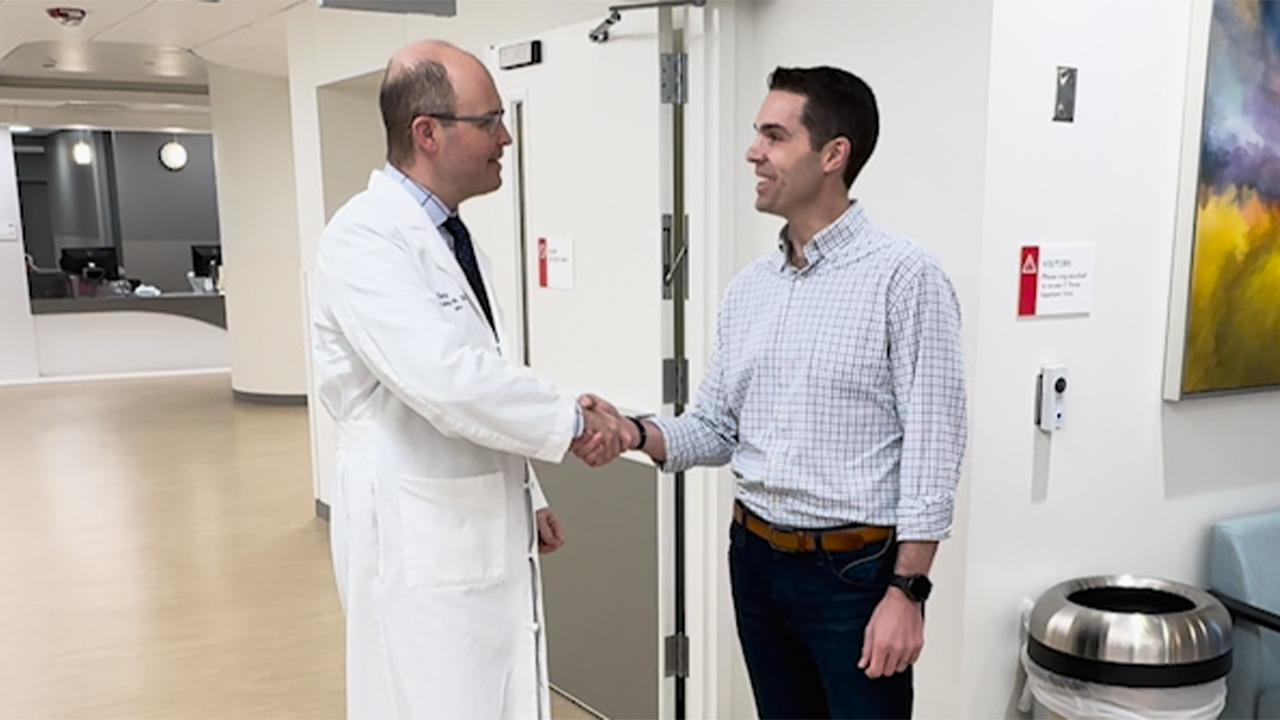The fight against young-onset colorectal cancer is a collaborative endeavor, with significant contributions from national organizations and local institutions alike. The American Cancer Society (ACS) leads with preventive screening guidelines and patient support resources, advocating for individuals to begin colorectal cancer screenings at age 45. Their efforts are complemented by the National Cancer Institute (NCI), which provides a wealth of research, educational materials, and access to clinical trials and cancer research. The NCI's guidelines and resources offer invaluable support to healthcare providers, enhancing the quality of care and informing public health policies.
A local beacon in this effort is the University of Cincinnati Cancer Center, which is advancing care and research for colorectal cancer. Our specialized programs and services focus on the unique needs of younger patients, including genetic counseling, advanced diagnostic technologies, and access to the latest treatment options. Our center's multidisciplinary approach brings together experts from various fields to offer comprehensive care and to support patients through every step of their journey, from diagnosis to treatment and beyond.
These organizations' collective mission is not only to treat cancer but also to empower patients and providers with the knowledge and tools to prevent it. Through education, advocacy, and research, they aim to understand the rising rates of early-onset colorectal cancer and to develop targeted strategies to reduce its impact. The involvement of local centers like the University of Cincinnati Cancer Center ensures that patients have access to high-quality care and the support they need closer to home.
